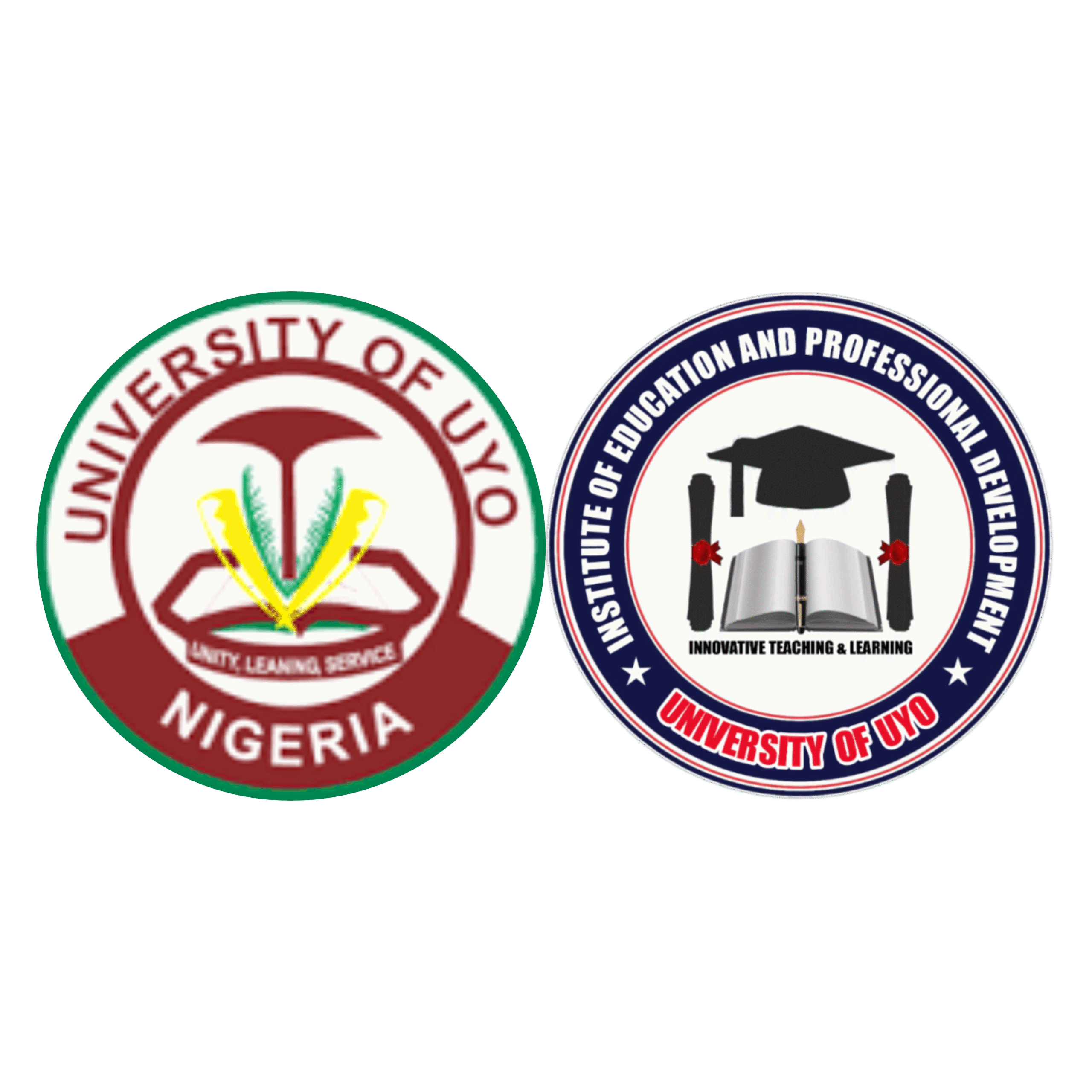Academic Programmes

Postgraduate Diploma in Educational Technology (PGDET)
The Vision of this programme is to provide graduates from non-education disciplines interested in specializing in education with the prerequisite knowledge and skills to specialize in Education Technology.The programme is aimed at equipping non-educational graduates with relevant knowledge and skills of applying educational resources in teaching.
Postgraduate Diploma in Education (PGDE)
The philosophy of the Postgraduate Diploma in Education (PGDE) programme is rooted in developing well-rounded, professional educators who serve as social engineers of change. It seeks to nurture individuals who will teach, inspire, lead, and innovate within the educational landscape. By cultivating a deep understanding of pedagogy, learners are equipped to become both practitioners and researchers committed to shaping the future of education in Nigeria and beyond.This programme addresses both the theoretical and practical dimensions of teaching and learning. It is designed specifically for graduates from various fields who do not have prior professional training in education but aspire to transition into the teaching profession.


Philosophy of the Programme
The philosophy of the Postgraduate Diploma in Education is to develop professional educators who will be social engineers of change through education as experienced teachers and researchers. At the end of the programme, graduates should have an in-depth knowledge of education and the professional requirements as well as competence to adequately teach at various levels of educational system and function effectively in other relevant organizations. All courses offered in the programme aim at a common emphasis on teaching and learning processes as:

The PGDE programme began with an initial enrollment of 10 students, each specializing in different subject areas.
The name “Institute of Education” subsisted as an academic unit under the Faculty of Education till October 26, 2016, when the new name, Institute of Education and Professional Development, was approved by the Senate of the University in its 103rd meeting.
Special Postgraduate Diploma in Education (SPGDE) programme for Higher Education Teachers
The Philosophy of this programme is anchored on the recent trend in Universities and higher institutions across the world in which efforts are being made to incorporate teacher training into academic staff development in order to ensure quality teaching and learning aimed at meeting the society’s development challenges.

Objectives
Postgraduate Diploma in Education is concerned with both theoretical and practical aspects of teaching and learning. Studies in the area are addressed to the philosophical bases of educational practice, the diverse human settings within which teaching and learning occur, the process and content of teaching, the definition of the teacher’s role and profession as well as the education of teachers. It aims at initiating educators who are not professionally trained into the complex but scientifically guided activities of teaching. At the end of the programme, graduates should have an in-depth knowledge of education and the professional requirements as well as competence to adequately teach at various levels of educational system and function effectively in other relevant organizations. All courses offered in the programme aim at a common emphasis on teaching and learning processes as developing professional expertise of educators.Producing educators who can propel social change through education, both intellectually and in attitudes, skills, values, and world views.Developing educators who can give Nigerian education a national identity while making it relevant in a global context. Producing educators who are committed to reforming educational delivery through effective application and utilization of ICT in both national and global contexts. Producing educators who would teach and provide leadership at different levels of education
Admission Requirements
- The programme is open to all members of the academic staff of the University and other Higher Institutions who have no professional teaching qualification, irrespective of the degrees obtained
2. It should be noted that the minimum professional qualification for teaching in Nigeria is the Nigeria Certificate in Education (NCE). So academic staffs who have not obtained this minimum professional qualification are required and eligible to undertake the Special PGDE Programme, except those who had acquired at least Grade II Teachers Certificate earlier.
3. Applicants are required to obtain and fill the application forms from the Postgraduate school with their credentials. There must be evidence of lecturing in a higher institution.
